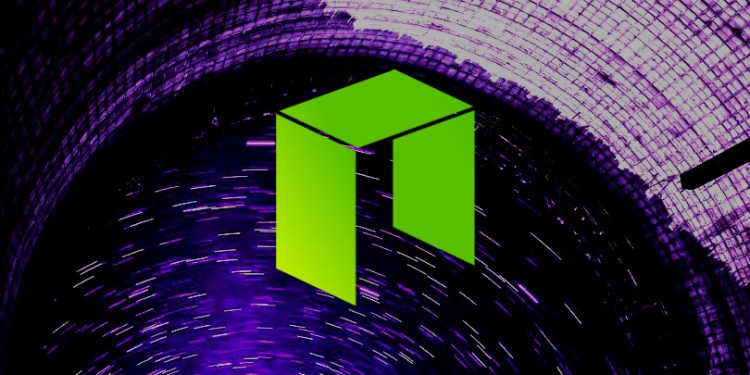A veteran software engineer who worked at Microsoft for 20 years is joining the smart contract company NEO.
In his extensive career at Microsoft, Harry Pierson worked as a senior project manager on the IronPython team and the xlang project, which he refers to as “a cross-language, cross-compiler, and cross-platform generalization of Windows Runtime’s language projection technology.”
NGD Seattle hiring update? After 20+ years career at #Microsoft, the Founding PM of IronPython for .NET and of xLang, Harry Pierson, is onboard #NEO! Let’s welcome @DevHawk!! https://t.co/VzP99Zx5Xl
— Neo Smart Economy (@Neo_Blockchain) June 14, 2019
The Chinese blockchain platform announced in February that it was opening an office in Seattle, Washington. Pierson says his main goal at NEO will be to focus on developer tools for the NEO platform.
“While developer experience will be my primary focus, I also expect to pitch in on the core NEO platform. NEO 3.0 development is already in full swing. Core platform might not be my focus, but platform capabilities and developer experience go hand in hand. I’m sure I’ll have plenty of opportunity to contribute to the core as we work towards our 3.0 release.”
NEO’s new Seattle office is led by another ex-Microsoft executive, John deVadoss.
The move represents the latest in a string of operation-expanding developments from NEO. Last month, the company announced it was launching a new $100-million push to promote adoption on their smart contract platform.
The NEO EcoBoost fund will go toward developers and entrepreneurs looking to build on NEO. The NEO mainnet also received an upgrade earlier this month.
“In this upgrade, all MainNet consensus nodes will be upgraded to neo-cli v2.10.2 with the optimized dBFT 2.0 consensus algorithm. In order to improve network stability, the Network Fee mechanism will also be adjusted. The main change is the addition of an Oversize Fee that will be charged relative to size on transactions larger than 1024 bytes.”
The upgrade is also designed to prevent malicious transactions and network attacks, according to NEO.
[the_ad id="42537"] [the_ad id="42536"]




